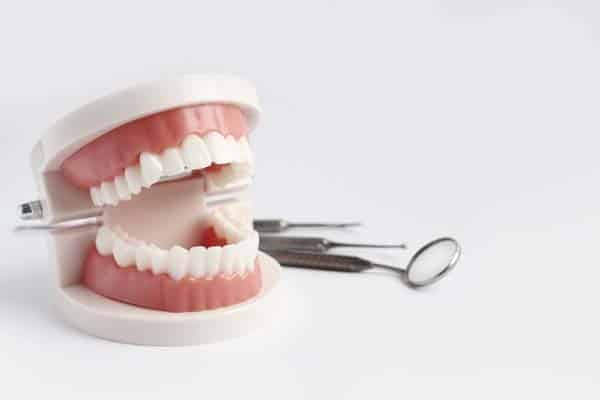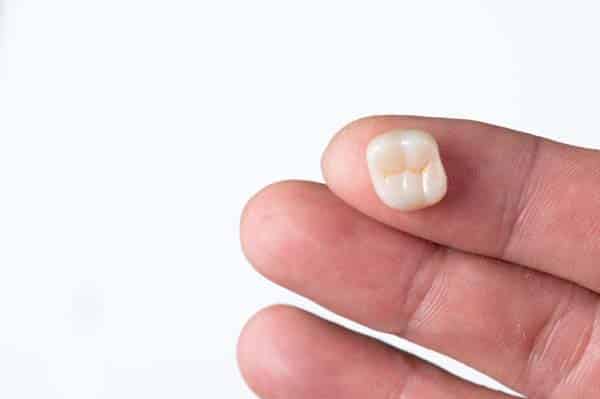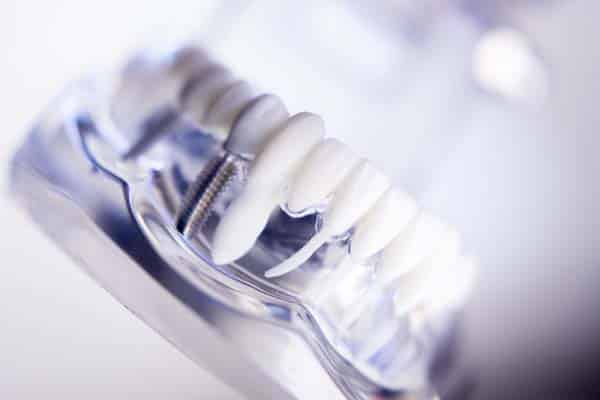
When Your Dental Crowns Break: A Comprehensive Guide
Dental crowns are a vital solution for restoring and protecting teeth that have been damaged, decayed, or lost their structure. These custom-fitted caps help to restore the functionality of the mouth and enhance the aesthetic appearance of your teeth. However, despite their durability, crowns are not invincible. Understanding what to do when your dental crowns break can save you from pain, further damage, or potential tooth loss. This comprehensive guide will walk you through the necessary steps to take if you experience a broken dental crown, ensuring that you handle the situation with care and precision.
Recognizing the Signs of a Broken Crown
The first step in managing broken dental crowns is to recognize the signs that a crown is damaged. Symptoms can vary depending on the extent of the damage, but common indicators include:
- Pain or sensitivity when consuming hot, cold, or sugary foods and beverages.
- A noticeable crack or chip in the crown.
- Feeling a rough edge with your tongue.
- A piece of the crown coming off.
If you notice any of these signs, it’s crucial to take immediate action to prevent further complications.
Immediate Actions to Take When Dental Crown Breaks
- Assess the Situation: Identify whether the crown is cracked, chipped, or completely detached. If the crown has come loose or fallen out, try to retrieve it and keep it safe as it may be possible to reattach it.
- Protect the Tooth: The tooth under the damaged crown may be vulnerable and sensitive. If you cannot immediately see a dentist, use sugar-free gum or over-the-counter dental cement to cover the tooth temporarily.
- Contact Your Dentist: Reach out to your dentist as soon as possible. Most dental practices prioritize emergencies like broken crowns and will likely offer you an appointment quickly.
- Clean the Area: Until you can see the dentist, maintain oral hygiene by gently brushing around the affected area and using saltwater rinses to keep the area clean and free from bacteria.
- Dietary Adjustments: Avoid chewing on the side of the broken crown to prevent further damage. Stick to soft foods and steer clear of extreme temperatures in your beverages and food.
Understanding the Causes of Broken Crowns
To prevent future instances where a dental crown breaks, it’s helpful to understand the common causes:
- Natural wear and tear: Even with good care, dental crowns have a lifespan and will eventually need to be replaced.
- Impact from an accident: Physical trauma can dislodge or damage crowns.
- Poor dental hygiene: Neglecting oral hygiene can lead to decay under the crown, weakening its foundation.
- Hard or sticky foods: Frequently eating hard or sticky foods can dislodge or damage crowns.
Treatment Options for Broken Crowns
The treatment for a broken crown depends on the extent of the damage and the condition of the underlying tooth:
- Reattachment: If the crown is intact and the underlying tooth is in good condition, your dentist might be able to clean and reattach the crown.
- Repair: Minor chips might be repairable with resin in a procedure similar to dental bonding.
- Replacement: If the crown is severely damaged or the underlying tooth has decayed, a new crown will be necessary.
Preventative Measures
Taking preventative measures can significantly reduce the risk of damage to your dental crowns:
- Regular dental check-ups: Visit your dentist regularly for check-ups and professional cleanings.
- Proper oral hygiene: Brush twice a day, floss daily, and use mouthwash to reduce the risk of decay under the crown.
- Avoid hard foods: Be cautious with hard foods like ice or hard candies, which can crack crowns.
- Wear a mouthguard: If you play sports or grind your teeth at night, consider wearing a mouthguard to protect your crowns.
Conclusion
When a dental crown breaks, it’s essential to take immediate and appropriate actions to address the damage. By following the guidelines outlined in this guide, you can ensure that your dental health remains intact and prevent further complications. Remember, maintaining regular dental appointments and adhering to good oral hygiene practices are your best defenses against dental crown issues. If you suspect that your crown is compromised, do not delay in seeking professional help, as timely intervention can be the key to saving your tooth and crown.



